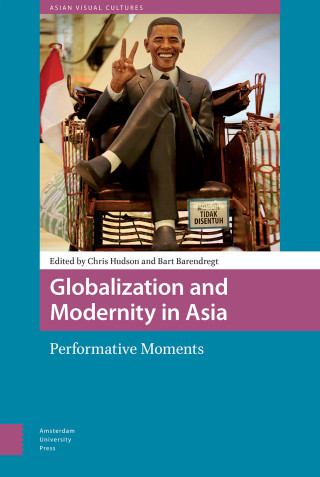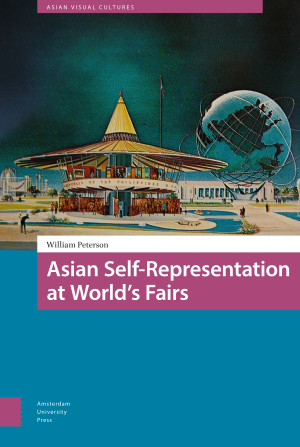International expositions or "world’s fairs" are the largest and most important stage on which millions routinely gather to directly experience, express, and respond to cultural difference. Rather than looking at Asian representation at the hands of colonizing powers, something already much examined, Asian Self-Representation at World’s Fairs instead focuses on expressions of an empowered Asian self-representation at world’s fairs in the West after the so-called golden age of the exhibition. New modes of representation became possible as the older "exhibitionary order" of earlier fairs gave way to a dominant "performative order," one increasingly preoccupied with generating experience and affect. Using case studies of national representation at selected fairs over the hundred-year period from 1915-2015, this book considers both the politics of representation as well as what happens within the imaginative worlds of Asian country pavilions, where the performative has become the dominant mode for imprinting directly on human bodies.

